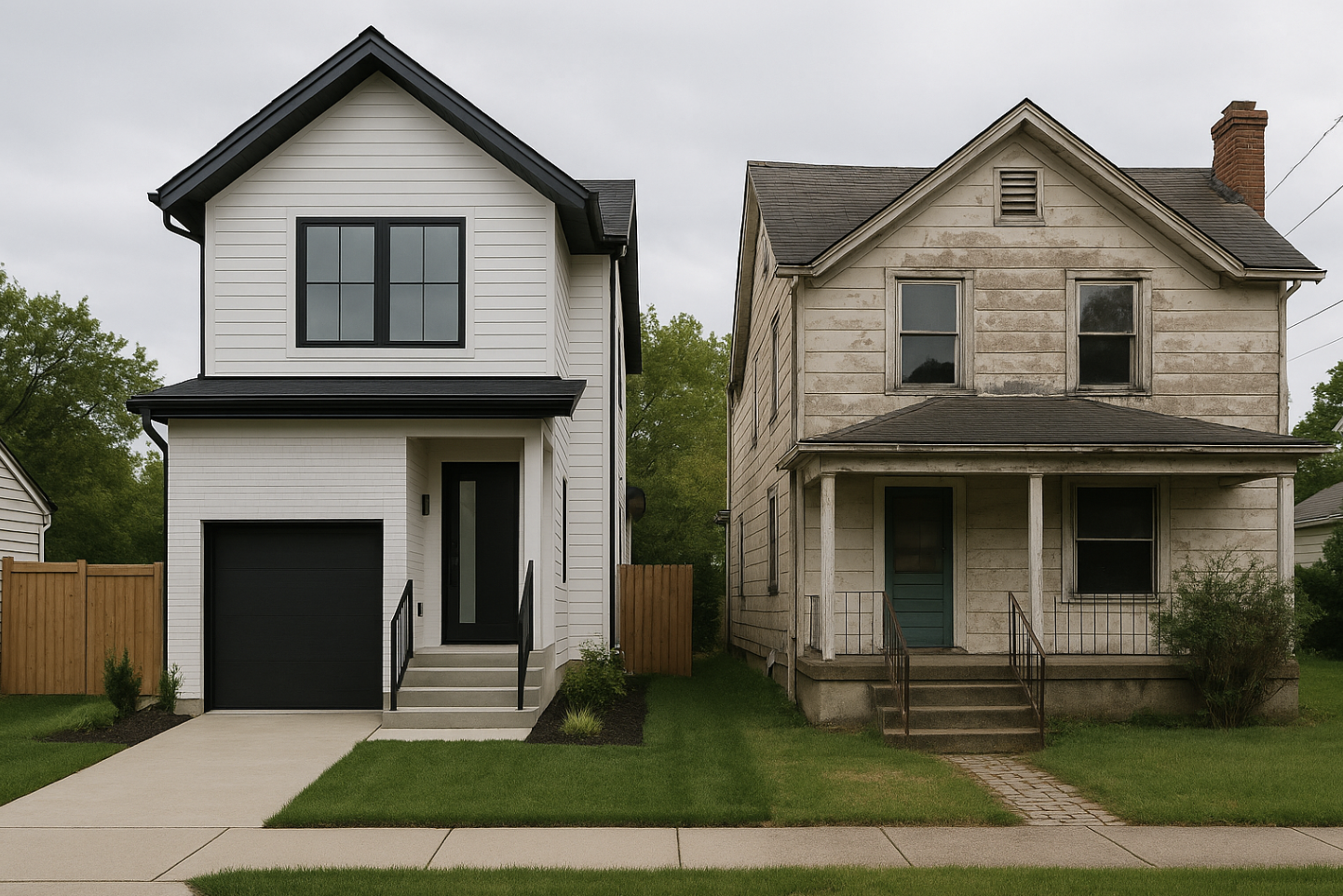Flipping Houses 101: Beginner’s Guide to Profitable Property Flips
Flipping houses can be a lucrative venture if done correctly, offering the thrill of transformation and the potential for significant profit. However, for beginners, the world of real estate flipping can also seem daunting due to the various steps involved, from finding the right property to executing a successful sell. This guide will walk you through the process, helping you understand what it takes to start flipping properties effectively.
Understanding the Basics of House Flipping
Flipping houses involves purchasing properties at a lower price, increasing their value through renovations, and then selling them for a profit. The concept might sound simple, but the execution requires careful planning and strategy. It’s not just about picking any house; it’s about finding the right house at the right price in a suitable location.
The first step is to research and identify promising real estate markets. Factors like economic growth, employment rates, and future development plans can indicate a region’s potential. Resources like local real estate listings, public records, and real estate websites can provide valuable information about average property prices and market trends.
Finding the Right Property
Location is paramount when it comes to real estate investments. Look for properties in neighborhoods where prices are rising and where there is a demand for homes. Factors such as school quality, local amenities, and accessibility to workplaces can make a property more attractive to prospective buyers.
The condition of the property is also crucial. Opt for homes that require cosmetic updates rather than those needing extensive structural repairs unless you are experienced and have calculated that the potential return justifies the investment. Always have a professional inspector evaluate the property to identify any hidden problems before finalizing the deal.
Financial Planning and Funding Your Flip
A solid financial plan is the foundation of successful house flipping. Begin by setting a realistic budget that includes purchase price, renovation costs, carrying costs like taxes and utilities, and a cushion for unexpected expenses. It’s essential to stay within this budget to ensure a profit at the end of your flip.
Funding your flip is another critical aspect. While some might have the capital to invest directly, others might need to consider options like loans or investment partners. Common financing sources include home equity lines of credit (HELOC), personal loans, or hard money loans from private lenders, which are particularly popular in the flipping industry due to their short approval times.
Effective Renovation Practices
Effective renovation is key to maximizing the value of your flipped property. Focus on improvements that increase home value, such as updating kitchens and bathrooms, enhancing curb appeal, and installing energy-efficient appliances. It’s crucial to balance between making upgrades that will appeal to buyers and keeping your expenses low to maximize profit.
Always hire experienced contractors who are licensed and insured. Detailed, written contracts laying out the scope of the work, timelines, and costs will help avoid any misunderstandings and keep the project on track.
The Art of Selling a Flipped House
Once renovations are complete, it’s time to put the property on the market. Effective marketing strategies can help sell the home quickly and at a good price. High-quality photos and virtual tours can highlight the property’s best features. Staging the home professionally can also help potential buyers envision themselves living in the space.
Pricing the house right is crucial; too high might lead to prolonged market time, too low might reduce potential profits. Comparative market analysis (CMA) can help determine the right listing price based on similar recently sold homes in the area.
Conclusion
Flipping houses can be a fruitful investment strategy when approached with diligence, research, and strategic financial planning. It requires a blend of market knowledge, renovation skills, and sales acumen. As a beginner, it’s vital to educate yourself continuously, possibly even partnering with experienced flippers to gain hands-on experience and insights. With the right properties, smart renovations, and effective sales strategies, you can turn flipping houses from a daunting challenge into a successful business venture.







